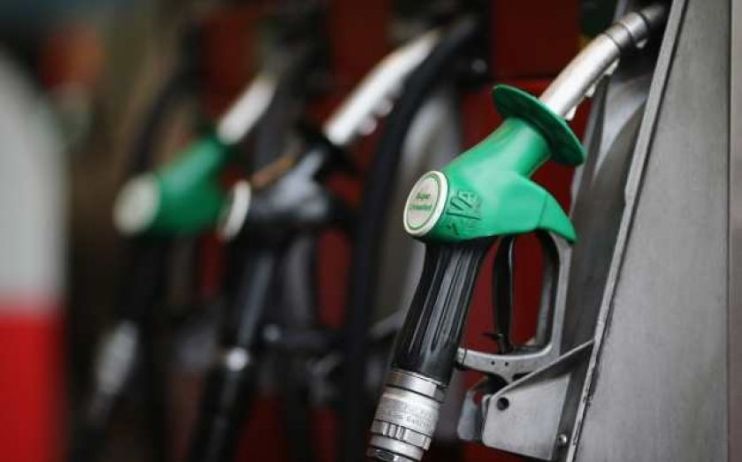Petrol prices climb to new records despite dip in oil prices

Petrol prices hit a new record last weekend, despite a fortnight of falling wholesale costs, triggering intense criticism from UK motoring groups.
On Sunday, the average pump petrol price reached 188.70p a litre – having cost 185.04p a week ago and 131.10p this time last year.
Diesel has also continued to rise, averaging 196.06p a litre yesterday.
This time last week it had reached 190.92p and was trading at 133.47p a litre in forecourts this time last year.
The latest blow to drivers comes amid a series of strikes this week across the country’s rail network, with potentially millions of people being forced to use cars to get to work, make the school run, attend exams, or get to Glastonbury.
Record petrol prices also follow a steep drop-off in oil markets, with concerns over slowing global economic growth overshadowing supply shortages.
After weeks of hovering around the $120 milestone on both major benchmarks – Brent Crude prices have drop to $112.60 per barrel and WTI Crude has slipped to $109.00 per barrel over the past three days.
The climbdown has exacerbated the drop in wholesale costs, which began falling following the Jubilee weekend – suggesting petrol retailers are not reflecting market conditions in their pricing.”

Luke Bosdet, the AA’s spokesman on pump prices, argued the situation was verging on a “disgrace.”
He said: “Since the Jubilee, the wholesale cost of petrol has fallen. That is over a period that the oil industry says is long enough for changes in costs to start to be reflected at the pump. And yet, the average price of petrol across the UK hasn’t even levelled out. It has continued to rise to new records.
“UK consumers who use cars deserve to be treated so much more fairly by the road fuel trade. If forecourts don’t start to lower petrol prices this week, it will be a disgrace.”
RAC fuel spokesman Simon Williams said: “Looking at the wholesale cost of petrol, which has settled due the oil price falling, petrol pump prices really should not continue to rise, if anything they ought to begin reducing.”
Instead he expected diesel to close in on an average of £2 a litre which would make the price of filling up a tank £110.”
Earlier this month, Business Secretary Kwasi Kwarteng wrote to the Competition and Markets Authority, calling for an inquiry into the petrol retail market.
He raised concerns the five pence fuel duty cut announced in March was not being passed onto customers.
A review is now in place, but the RAC is calling for more dramatic actions – such as cutting VAT.
Williams concluded: “We strongly hope the extent of the rises seen in both fuels will finally force the Government to take action to ease the burden on drivers by further cutting duty or lessening the punishing impact of VAT which currently accounts for 31p a litre on petrol – 6p more than it was before the Ukraine war began.”